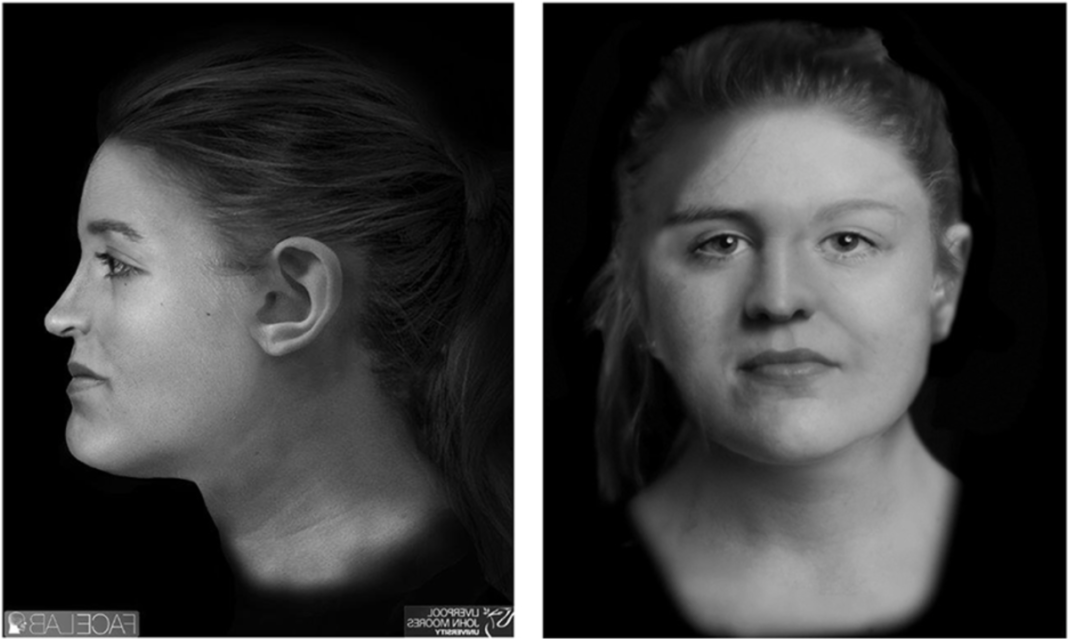Under the operation “Identify Me,” Dutch, German, and Belgian police forces and the International Criminal Police Organisation (Interpol) are seeking to gain information about 22 unidentified murdered women.
The victims in question are women found between 1976 and 2019, in the Netherlands, Belgium and Germany. All previous attempts to identify them have failed.
“Most of the 22 victims died violently, and some were also abused or starved before they died,” say Carina van Leeuwen and Martin de Wit in a statement by the Dutch police.
The Interpol has now released vital information on each case, hoping to get the public’s help in solving them.
Facial reconstructions and more
To find the names of the unidentified girls and women, Interpol has released vital information to the public.
Besides facial reconstructions, they have made public photos of clothing and jewellery found on the crime scene, as well as victims’ tattoos that may help identify them.
On the Interpol website, you can read about the victim’s approximate age, hair and eye colour, and other details and circumstances surrounding each case.
Tragic and heartbreaking
“Each of the 22 cases is tragic and heartbreaking,” Martin de Wit tells RTL Nieuws.
Though found in the Netherlands, Belgium and Germany, evidence suggests that the women could have come from other countries. “It is possible that their bodies were left in our countries to impede criminal investigations,” according to the Dutch police.
“The victims have often been killed with great violence. We know that some of them were abused or starved in the period before their death.”
In all the cases, the perpetrator also went to great lengths to make their victim unrecognisable.
The Dutch “Teteringen Girl,” for example, who was discovered on Christmas of 1990, was seriously abused and neglected before her murder. She was found less than 30 minutes from the Belgian border, close to the A27 motorway near Breda.
An international search effort
As RTL Nieuws writes, the cooperation between Interpol and the Dutch, German and Belgian police forces is new.
This was deliberately chosen because of the international nature of many of the cases, where most women are believed to not be from the country in which they were found.
“There must be people in the world who miss the victims, mostly young women and girls,” says Martin de Wit. Global attention is hoped to reach the victims’ family members, friends or acquaintances.
The Interpol and international police forces urge anyone with information on any of the cases to contact their national police.
Stay up to date with all the news in the Netherlands by following DutchReview on Facebook.


